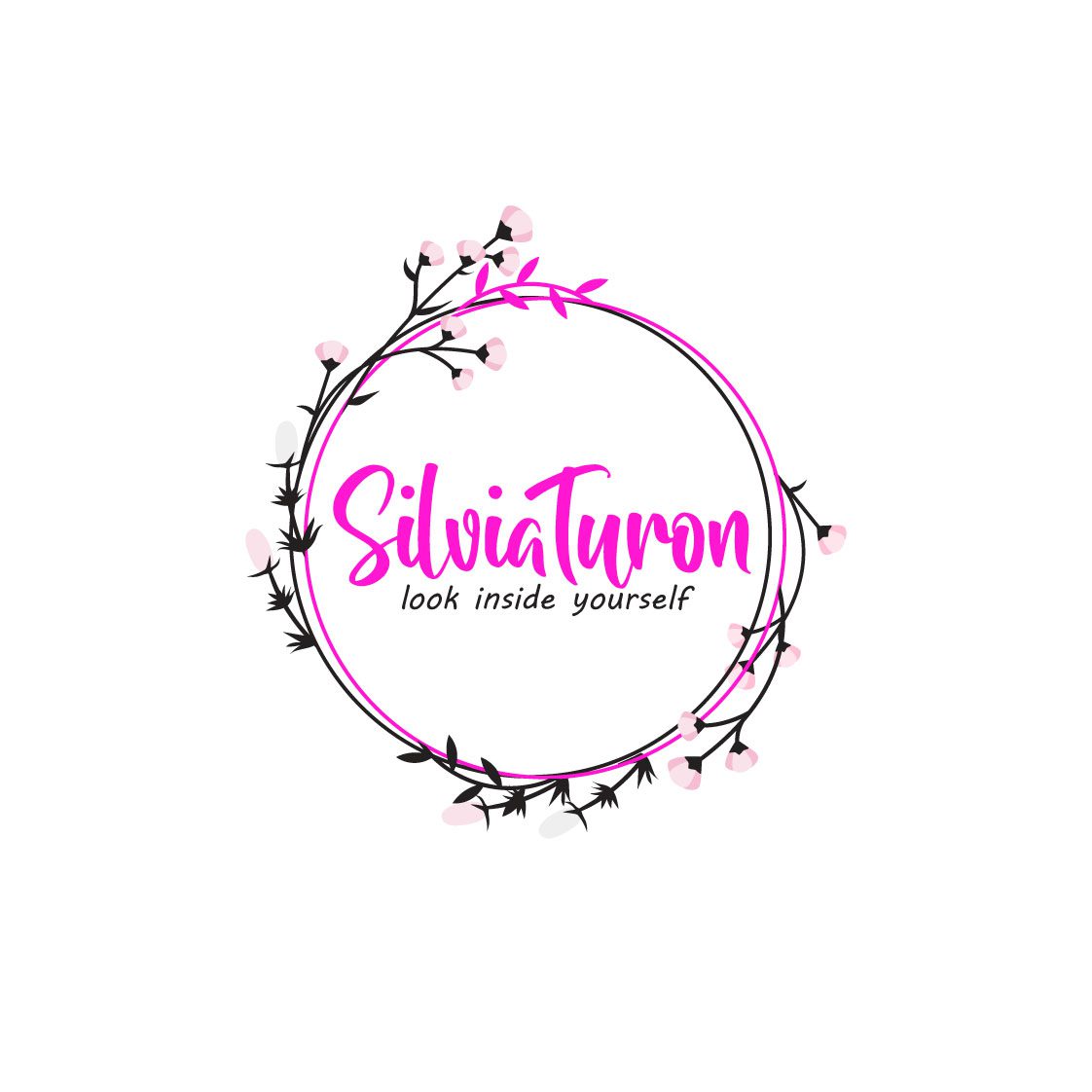How To Use Self-Accountability To Empower And Heal Yourself
Self-accountability, or in other words, responsibility for our pains, thoughts, and emotions, is often misunderstood by many when looking back and addressing their past.
To see self-accountability as a tool for healing, you must offer yourself grace and understanding for what you feel and are currently going through. Otherwise, it feels like a punishment.
So the question is, “Before you look at self-accountability as a way to liberate yourself from the grip of the past, what do you need to do first?”
1. Validate what you feel
When we embark on our healing path, there is often this nagging thought in the back of our mind that tells us that we should progress faster and be somewhere else mentally, emotionally, or spiritually. Therefore, when anger, upset, old frustration, or resentment shows up, instead of listening to what is trying to tell us, we silence it.
And we do it with judgment, guilt, and even shame.
Let me say this – it’s okay to feel what is there, recognize it, and give it some attention. Any negative emotion that shows up will always be a guide that leads to a deeper understanding of yourself.
Next time, when you feel emotions that don’t feel good, attune to them and ask yourself: ‘What is this emotion trying to tell me? Is there anything I haven’t resolved within myself?”
Self-accountability becomes much easier when you bring acceptance into your space. Instead of ridiculing what you feel, approach it with curiosity and compassion.
2. Give yourself what you need
When I work with women by using inner child work, one question I encourage them to answer is “What do you need the most from me right?”
Although they ask this question to their inner child and then listen for answers, you can slightly adjust it and ask yourself “What do I need the most right now?”
Do you need a good cry, talk with a close friend or a therapist, travel to get your head straight and come back with a fresh perspective, have a conversation with someone, or wrap yourself in a blanket, have hot chocolate, and watch Friends?
What do you need the most?
Many of us believe (often unconsciously) that if we are hard enough and harsh enough on ourselves, we will get better at this healing process and somehow progress faster.
Since using this approach myself more than I feel comfortable admitting, I can confidently say that healing doesn’t happen there. It actually stops.
Remember that love is the most powerful emotion. If you can start creating a space within you based on understanding, kindness, and self-compassion, you are naturally becoming more resilient and driven to heal your past, no matter what it carries. And this, in and of itself, is a part of self-accountability.
3. Understand what self-accountability is not
Being accountable for our past doesn’t mean letting people off the hook, keeping old toxic relationships in place, or maintaining family connections while they are dragging you down.
Self-accountability also doesn’t mean you forgive because you think you should without authentically experiencing forgiveness in your heart. In other words, taking responsibility for your emotions and your healing means that you know what happened, and it probably sucked, but you choose not to let it define you or weigh you down forever.
4. Use self-accountability as a vehicle for self-empowerment
You can approach this step in 2 ways.
Either, you decide that you won’t allow your past or people from your past to define your life anymore (I will share how I did it in a moment).
Or you can take that experience and use it to serve others.
For me, parent wounds were the most challenging to overcome. No matter how much I tried, I kept blaming my parents for what happened to me. Frankly, I wasn’t sure how to apply self-accountability to my relationship with them. Until one day, I spoke to my dad on the phone.
We chatted for about 1 hour and 30 minutes. At first, we talked about his cancer and all the procedures and tests he needed to undertake. Then, he would tell me about his girlfriend, where they go camping and hiking, restaurants he eats in, where he goes dancing, and more. I barely spoke about myself, and the phone call was over.
At first, my typical self-sabotaging thoughts flooded my mind: “You see, he doesn’t care about you. He didn’t ask how you are doing and what is new in your life. He always treats you like you don’t matter.”
As I was beginning to drown in yet another pity party while wishing my parents would be better, more attentive, caring, loving, etc., I stopped and told myself for the first time: “I don’t have to allow my parents to define my worth. They are not the measure of it. And I have a choice of how I want to look at it.”
I can’t tell you exactly what hit me. Perhaps I long ago admitted to myself that I was playing the victim. Maybe it is true that my father doesn’t care, who knows?
But this time, the question was, “Do I want to be right, or do I want to be happy?”
At that moment, I saw that my happiness and healing can only happen if I stop allowing my parents to define who I am and how lovable I am and, at the same time, take responsibility for my feelings and thoughts. If you want to go into more depth on this topic, read my article “How I stop letting my unhealed parents define my worth” which I wrote for Tiny Buddha.
I understand that there are probably some really bad stuff that happened to you. I get that.
Therefore, I invite you to dwell on this question for a while: “Instead of allowing the past and people who were part of it to define you, how can you use self-accountability to empower and heal you?”
Since I know that taking responsibility for your past may feel scary and sometimes hard to come to terms with, what are your thoughts on this article? I’d love to know. Feel free to leave a comment below.












Leave a Reply